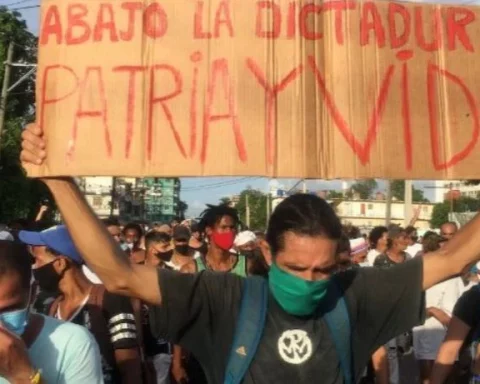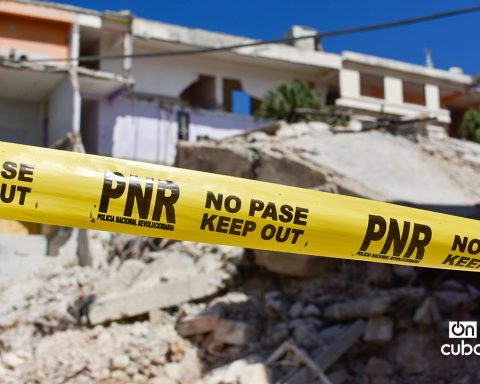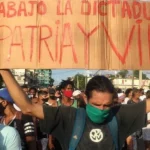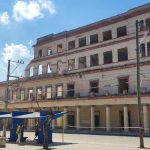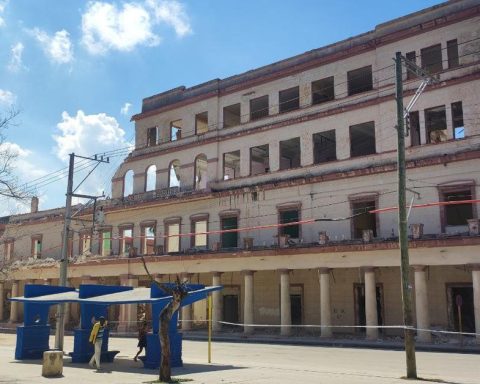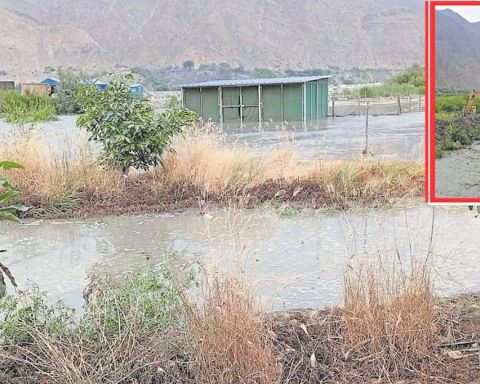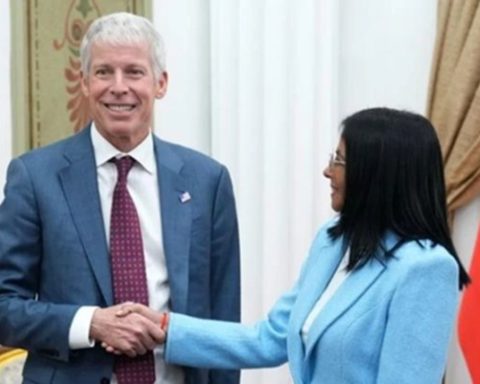LAS TUNAS, Cuba. — These days mark the 62nd anniversary of the abandonment of the Assault Brigade 2506after being promised aid by the United States administration of Republican Dwight Eisenhower —cooperation with which his successor, Democrat John F. Kennedy, did not comply— so that, with the help of the United States and other countries in the region, the Cubans exiles, together with those of the internal resistance, will face Castro-communism and the penetration of Moscow in the Americas.
Still perfectible in the achievement of a free republic, with independence in the powers of the State, understood as the executive, legislative and judicial powers, the democratic course in Cuba had been broken by the coup d’état of March 10, 1952 by Fulgencio Batista, a politician in his permissive populism with the communists, and later, by Fidel Castro, who from January 1, 1959 would follow Stalinist rules, until establishing the classic totalitarian state.
Branded as “mercenaries”, “imperialist soldiers” or “traitors”, 1,214 members of the 2506 Brigade, captured on April 19, 1961 with no possible escape, just three days after landing, would be tried and sentenced to 30 years of imprisonment. imprisonment for a crime that their Castro-communist captors had committed, that of “treason against the homeland”, but the one that, due to their actions, that of the legitimate recourse of “rebellion against tyranny and oppression”, does not qualify in light of of universally accepted law, nor of Cuban constitutional law, nor in the Bay of Pigs expeditionaries, nor in any person who, from 1959 to the present day, has faced the Castro-communist dictatorship.
If the Republic of Cuba is a signatory of the Universal Declaration of Human Rights, promulgated on December 10, 1948, which, in the preamble, in its third recital expresses the essential that human rights be protected by a regime of Law, to so that the person “does not feel compelled to make the supreme recourse of rebellion against tyranny and oppression,” since those who are unaware should know that eight years before the 30 articles of universal rights were promulgated, Cuba was already codified the “supreme resource of rebellion against tyranny”.
Promulgated on July 5, 1940, our Magna Carta expresses in article 40: “The governmental legal provisions or of any other order that regulate the exercise of the rights that this Constitution guarantees, will be null if they diminish, restrict or adulterate them. Adequate resistance to the protection of previously guaranteed individual rights is legitimate”.
And let me remind you that, in his self-defense for the ideation, planning and execution of the assaults on the Bayamo and Santiago de Cuba barracks, which occurred in the early morning of July 26, 1953, when he tried to overthrow the Batista dictatorship by force of weapons and there were deaths of people and property damage, Fidel Castro, making use — let’s say a good use as a defense attorney — of article 40 of the 1940 Constitution, alleged, rightly, questioning that… “Who has told you ( the prosecutor wanted to say) that we have promoted an uprising against the constitutional powers of the State?… First of all, the dictatorship that oppresses the nation is not a constitutional power, but an unconstitutional one, it was engendered against the Constitution, above the Constitution, violating the legitimate Constitution of the Republic. A legitimate constitution is one that emanates directly from the sovereign people”, said Fidel Castro, the lawyer.
But Fidel Castro, the dictator, already in February 1959 did the same as the Batista dictatorship in 1952: he reformulated the 1940 Constitution. And if Batista called the Magna Carta “Constitutional Statutes”, Castro labeled it as “Basic Law”and made the Castro dictatorship —paradoxes of life— the same as the Batista dictatorship: the Council of Ministers was transformed into a legislature body and could now, at its convenience, make the constitutional reforms it understood without popular consultation, or in other words: making toilet paper the sovereignty that should have resided in the town.
Thus, at 1:30 in the afternoon of October 27, 1959, the Council of Ministers met to proceed with the so-called “revolutionary tribunals” —until then postponed due to international rejection due to the executions with which they began—, which They were nothing more than summary proceedings, sometimes very summary, where the constitutional guarantees, understood procedural and legal of the accused, were suppressed or diminished.
Today, Castro-communism insists on calling “mercenaries” those who, using their constitutional rights, landed 62 years ago at the Bay of Pigs, trying to restore the 1940 Constitution, broken by the coup d’état of March 10, 1952, an unconstitutionality that Castroism promised to repair, but in reality, deepened. If Miguel Díaz-Canel calls himself the “continuity” of Fidel and Raúl Castro, the prisoners from the 9/11 protests who remain in Cuban jails today are the chain of Brigade 2506 and their legitimate landing, that of going for freedom, that which we Cubans lack every morning even to have a glass of milk in so much vain land.
OPINION ARTICLE
The opinions expressed in this article are the sole responsibility of the person who issues them and do not necessarily represent the opinion of CubaNet.
